Audio
Justin Keenan - LusioMate
Ablequest by
2RPH3 seasons
12 July 2024
14 mins
A CEO talks about his company's award-winning assistive physical therapy device.

Ablequest is a series of 15 minute programs from Radio 2RPH Sydney. The series, presented by Barbara Sullivan, Marni Roper and Elaine Wziontek, examines developments in assistive technology and initiatives for people living with a wide range of disabilities.
In this episode: LusioMate is a physical therapy gaming controller with wearable sensors which connect via Bluetooth. The device was awarded best assistive technology product in the 2023 Australian Disability Service awards. Elaine Wziontek spoke to Justin Keenan, CEO and Co-Founder of Lusio Rehab.
Justin Keenan is pictured on this page.
Speaker 1 00:03
With information on the latest developments in assistive technology and initiatives, from the studios of 2RPH in Sydney, RPH Australia brings you AbleQuest. Hello, I'm Marnie Roper. With all the will in the world, exercise can be boring and it's difficult to stay motivated. But there is a simple and fun tech solution to monitor, motivate and engage people as young as 4 and as old as 94 to help the chances of therapy goals being met. The device is called LúcioMate, a physical therapy gaming controller with wearable sensors which connect via Bluetooth.
LúcioMate was awarded best assistive technology product in the 2023 Australian Disability Service Awards. The device can be attached to any part of the body and users can play any of the 26 plus games to develop fine or gross motor skills. Justin Keenan, CEO and co-founder of LúcioRehab, explained that the device was fun, portable and like having a physical therapist in your pocket. Elaine Jontek spoke to Justin. Welcome to AbleQuest.
Speaker 2 01:23
Thank you very much Elaine, thank you for having me.
Speaker 3 01:26
So Justin, what does Lucio Rehab do and can you tell us about LucioMate?
Speaker 2 01:33
Yeah, so we started developing wearable tech to gamify physical therapy initially for children with disabilities, but now our clients range in age from 3 up until their 90s, but effectively the product Leaster makes for anybody with the need to move their body, so with a physical impairment or you just need to move your body for exercise, Leaster makes just small wearable senses that gamify that movement.
Speaker 3 02:02
Physical exercise is usually very boring. When I get in the gym, I have the TV on, just to pass the time while I'm on my bike. But it sounds like a game is a lot more fun than that.
Speaker 2 02:13
Yeah, precisely. I think it's certainly gamification is nothing new, but I think in the world of physical therapy, making it accessible for all. What we did was develop an app which we downloaded from the Apple store or from Google Play. And then for individuals doing their physical therapy, they're also connected to their videos or occupational therapy as well. So it's extending clinical governance into people's homes and then people own their journey more because they're engaged, they're having fun and typically they'll just forget that they're doing boring exercises and lose themselves in an interactive and immersive experience.
Speaker 3 02:51
So you mentioned your clients can be children and if you can get a 94 year old who understands an app it can even extend into aged care.
Speaker 2 02:59
Precisely, yes. You know, we had our own assumptions when we started developing it. Certainly we knew that our initial clients were helping children with cerebral palsy. We knew that that cohort of clients would engage with games. When we started working with the adult population, we had assumptions that maybe they wouldn't like games, but let's say that humans love to play games, so regardless of age or diagnosis, we have clients with a full spectrum of age of life and that it just turned out to be more of an interactive experience. It's been amazing.
Speaker 3 03:33
So you've described it as a tech solution to monitor and motivate and engage the clients. So you don't have to be tech-savvy.
Speaker 2 03:42
No, so I think if you're able to use a mobile phone and for those that can't operate a mobile phone on their own, we have a therapy support team that connects and trains family members, loved ones, carers, support workers. So we're trying to lower the barriers to adoption with physical therapy and making sure that people can access the tech in person almost. So that was all woven into our tech development to make it really accessible for all.
Speaker 3 04:10
And what kind of clients do you have, and how can games help them?
Speaker 2 04:14
So we have clients whose young age is three with cerebral palsy and then every kind of diagnosis or physical diagnosis in between, such as stroke, Parkinson's, motor neurosesies, brain injuries, spinal cord injuries. Even clients now on the spectrum who may have low muscle tone, but even for those who just need to do general exercise, the defense can work for them as well. So it's not only for those with real fine motor needs. So imagine post -stroke, you know, the usual move your fingers or some three or four degrees. Our wearable sensors can pick up even the smallest active range of motion and turn that into a game all the way through to people who are doing star jumps, pick ups, press ups, that type of thing. So it really is a universal product that could help everybody.
Speaker 3 05:05
So you attach the sensors to your body and then you play the game. You have your iPhone up and look at the screen and play the game or your iPad.
Speaker 2 05:14
Yeah, exactly. iPads, iPhone, they even have kind of screen mirror, their mobile device onto a large smart TV as well. But the whole premise around it is extending clinical governance into people's homes. So imagine Elaine on your physio, or occupational therapist or exercise technologist, I can create you as an individual, a best folk exercise plan. When I create that remotely, it will automatically populate your experience at home, then you start doing your exercises or your therapy. And then myself as a physio or therapist can simply see your data and adherence to that physical therapy. So it's breaking down the barriers to distance and access to care, those types of things.
But for the clinicians and therapists out there, it means that they can now see real evidence and data on what is happening between clinical appointments. So our aim is to improve health care efficiency by promoting and motivating clients to do as much therapy from home, but safe in their knowledge by following the clinically provided exercise plan as well.
Speaker 3 06:22
So if you're doing the exercises the wrong way, or not at all, the physiotherapist or occupational therapist will know what's happening.
Speaker 2 06:29
Yeah, precisely. So, we've seen actually a wonderful thing here where it's digital innovation but what we love is that it's extending the human touch. So again, if I'm seeing you face the beta lane and then you know that I have access to your therapy and I can change it remotely as well so it's going to make it harder or easier depending on your condition but you know that as a professional, you know that I'm able to monitor you. You're better connected to your therapy team but also motivated because you know I can see your data as well so that it really promotes people to own their journey a bit more as well.
Speaker 3 07:03
So you may not need to make the appointments every week with your physio. You can use that half an hour and travel time and actually doing the exercises.
Speaker 2 07:11
Yes, precisely so. I think it's always good to do it under the guidance of a physio, OT or EP. Think about the costs within schemes like the National Disability Insurance Scheme. There's hundreds of millions of dollars that's spent each year on travel. This is one way that we can make efficiencies in this and people are able to do two or three physical therapy sessions between their clinical appointments and the outcome will be better as well. So it's a tick in every box.
Speaker 3 07:42
So Justin, how did it start? Who was Lusio?
Speaker 2 07:46
Well, Lusio, a means play in Latin, originally developed by my business partner, he created a very early stage prototype after an interaction with a child with cerebral palsy and then since then we've worked with cerebral palsy a lot here in Australia and countless neuro experts and come up with brain injury and spinal injury therapists to effectively build and design the technology together. So rather than us developing it in our lab here in Sydney, we took the clients on our journey. So thousands of clinical experts and now thousands of individuals were born and required to still have their injury on that journey to make it a really inclusive product but effectively design by them and for them.
Speaker 3 08:33
So it started off with one child. I think his name was Arshia.
Speaker 2 08:37
Arshia, that's exactly right, and then said it blossoms firmly here in Australia as a proud NDIS provider but we've also had a great deal of interest overseas as well so we're now in eight different countries overseas and still growing but it's a wonderful story of collaboration here in Australia with clinical experts but also powered by the national disability insurance scheme as well which often gets a lot of bad press but without Australia and the lives of those with living with a disability and their loved ones would be completely different so we should celebrate that as well.
Speaker 3 09:13
So what is your relationship with the NDIS? It sounds like you find them very helpful for your clients.
Speaker 2 09:19
Well, yeah, I think it's a wonderful government policy, and one of probably the best one I can think of. But effectively, we're an NDIS provider. So anybody that has a, seems to have a born or acquired disability will receive funding from the National Disability Insurance Scheme, and we're a low-cost provider within that. So if people would benefit from our tech, they can simply request the funding, and then it's paid for via the NDIS. So it's there to improve the lives of the people in Australia, thanks to me.
Speaker 3 09:52
So does the patient or the client, can they keep track of their goals as well? Will this data or is the data only to be understood by the experts from the medical people?
Speaker 2 10:02
No, absolutely, it's available in touch of a button via their mobile phone or tablet. The data is just as important for them, you know, imagine again, if I use you as an example, Elaine, if you can see how many reps you've done, what your personal best is maybe, even a particular game, even interaction with other players around the world as well. Some individuals like to compete, so we're developing, you know, inclusive leaderboards and people can compete against each other overseas and so it's really breaking down barriers that people are in in a similar position, building a good community, but also owning your journey a bit more by seeing your data, what improvements in your range of motion may be. It's a powerful thing, so whilst the veneer of the least of eight experiences games and fun, it's a class one medical device, so with a real serious mission.
Speaker 3 10:57
What's the game that's the most popular or the most fun?
Speaker 2 11:00
That's a great question. So, favorite game at the moment is probably a basketball game, which is the oldest game we've had. So, but the, some of the games we've developed, and this is some of the, again, when I talk about assumptions and the way that we develop content as well, is that we developed a game that calls Raccoon Rescue, which is for, typically we've developed it for clients between the ages of three and four years old, and it turns out that's the most popular game within our age care community. So, there's content that we believe we're developing for a particular demographic, but what's this outlet that will be used, it just takes on a life zone. Yes, it's beautiful to see, there's moments like that where it really transcends communities and demographics.
Speaker 3 11:42
So in an aged care community they can be playing basketball from their beds.
Speaker 2 11:47
Yeah, we have an aged care home where they set up a boot camp where they were doing exercises and they had a couple of Luso make sessions set up. So some of these individual residents would be having to do physical therapy, but others just wanted to get out of their chairs and move their body. When they were standing out of their chair, they were then shooting a ball into the basket in basketball. So it's a game of five fun for anybody.
Speaker 3 12:13
So where can we find out more about LusioMate?
Speaker 2 12:17
So you can visit our website, which is LusioRehab .com. I'll spell that just for your listeners. That's L -U -S for sugar, I -O, rehab dot com. And there's a contact out page there, or simply if people are interested, reach out to the show, or they can email me - justin@lusiorehab.com ...
Speaker 3 12:39
Justin at Lusio dot...
Speaker 2 12:41
rehab dot com.
Speaker 3 12:42
And lusiorehab is all one word.
Speaker 2 12:45
It is, yeah.
Speaker 3 12:45
That sounds good. Is there a 1300 number as well that you'd like to mention?
Speaker 2 12:50
Yes, you can contact us directly on 1-300-1-LUSIO, that's L -U -S -SUGAR -IO.
Speaker 3 13:01
So this sounds like a great device. It's almost like a therapist in your pocket, doesn't it?
Speaker 2 13:07
Precisely, we like to think of it as your physical therapy in your pocket, so if you have a mobile phone or a tablet and a small wearable sensor, you could effectively do your physical therapy or occupational therapy anywhere.
Speaker 3 13:20
So it travels as well.
Speaker 2 13:22
It does, yeah. It's a very small pack. The sensors are super, super light and small, so they're using for that fine finger dexterity exercise. It's really effective, but yeah, you could pop it in the bag and take it anywhere.
Speaker 3 13:34
Well thank you Justin for telling us all about it and once again congratulations on winning the award for Best Technology Product.
Speaker 2 13:44
Thank you so much Elaine, and again thank you for having me.
Speaker 3 13:47
And I've just been speaking to Justin Keenan, CEO and co-founder of Lusio Rehab. He was telling us about LusioMate, which was announced as the best assistive technology product in the recent Australian Disability Service Awards.
Speaker 1 14:16
You have just been listening to AbleQuest, a program that looks at developments in assistive technology. Thank you for listening, and goodbye till our next program.
Continue listening

Blind Sports Australia CEO Matt Clayton speaks about its work with blind and vision impaired athletes across 21 sports.
Matt Clayton - Blind Sports Australia
Ablequest by 2RPH
5/5/2023
•13 mins
Audio

Vivid, Sydney's celebration of creativity, seen from a disability access focus by its director.
Gill Minervini - Vivid
Ablequest by 2RPH
19/5/2023
•14 mins
Audio

This program discusses dance movement therapy and how it works - featuring Cecilia King of the Dance Therapy Association.
Cecilia King - Dance Therapy
Ablequest by 2RPH
14 mins
Audio

What are the challenges of providing audio description on Oz TV? Hear Lauren Henley, Aust Federation of Disability Organisations.
Lauren Henley - Audio Description
Ablequest by 2RPH
16/6/2023
•14 mins
Audio

In Part 1 of a 2RPH interview, assistive tech expert David Woodbridge explores latest innovations to make everyday life easier.
David Woodbridge - Tech Update Part 1
Ablequest by 2RPH
30/6/2023
•14 mins
Audio

Features Robert Duff-Silsby of Luddi, Perth company developing assistive devices for all people and bodies.
Robert Duff-Silsby - Sexual Wellbeing
Ablequest by 2RPH
13 mins
Audio

In Part 2 of this conversation with 2RPH's Ablequest, expert David Woodbridge reviews latest assistive technologies.
David Woodbridge - Tech Update Part 2
Ablequest by 2RPH
28/7/2023
•14 mins
Audio

Matt Clayton of Blind Sports Australia and the Oz team's Chef de Mission, discusses the forthcoming World Blind Games in the UK.
Matt Clayton - World Blind Games
Ablequest by 2RPH
11/8/2023
•13 mins
Audio

Prof Kim Marriott of the Monash Assistive Technology and Society Centre, talks about the purpose and work of the Centre.
Kim Marriott - Monash Assistive Technology and Society Centre
Ablequest by 2RPH
25/8/2023
•13 mins
Audio

Ablequest features an interview with Serena Ovens, new CEO of Assistive Technology Supplies Australia or "ATSA".
Serena Ovens - Assistive Technology Supplies Australia
Ablequest by 2RPH
14 mins
Audio

Part 1 of an interview on the voice-activated app, Bindi Maps.
Anna Wright - Bindi Maps (Part 1)
Ablequest by 2RPH
14 mins
Audio

This is Part 2 of an interview with Dr Anna Wright, explaining how Bindi Maps works.
Anna Wright - Bindi Maps (Part 2)
Ablequest by 2RPH
14 mins
Audio

Artist Ebony Wightman of disability-led We Are Studios talks about art and challenge.
Ebony Wightman - We Are Studios
Ablequest by 2RPH
20/10/2023
•13 mins
Audio

Prof. Leeanne Carey discusses the SENSe program, her team's world-first therapy to help stroke survivors.
Leeanne Carey - SENSe Therapy
Ablequest by 2RPH
2/11/2023
•13 mins
Audio

Youthworks Accessibility Minister Bec Baines talks of making church accessible to young people with disabilities.
Bec Baines - Youth and Worship
Ablequest by 2RPH
16/11/2023
•14 mins
Audio

Nikki Hind, Australia's first blind fashion designer, discusses her work.
Nikki Hind: Blind Grit
Ablequest by 2RPH
1 December 2023
•14 mins
Audio

Dr Dimity Williams, family GP, recommends spending more time in nature - and a "green hour" each day.
Green Hour: Dr Dimity Williams
Ablequest by 2RPH
5 December 2023
•14 mins
Audio

Imagine sitting in a wheelchair for hours, being unable to move your fingers or arm to do simple things like pick up a glass.
Konstanze Hager - Bateo
Ablequest by 2RPH
Konstanze Hager - Bateo
•14 mins
Audio

Action Audio is a new language being created to transcend sport.
Machar Reid - Action Audio
Ablequest by 2RPH
Machar Reid - Action Audio
•14 mins
Audio

What a difference one person with experience, passion and energy can make to many lives.
Julie Ross-Edwards - Head High
Ablequest by 2RPH
Julie Ross-Edwards - Head High
•14 mins
Audio

Driver educator outlines what's needed for a person with disability to get a driver's licence.
Ronak Shah: on-road driving education
Ablequest by 2RPH
12 January 2024
•14 mins
Audio

Vision Australia's Christo Sarantakis talks of his life, blindness and assistive tech changes.
Christo Sarantakis of Vision Australia
Ablequest by 2RPH
26 January 2024
•14 mins
Audio

Introducing Australia's first pictureless feature film, TOUCH, showing in Sydney.
Majella Knobel: "Touch" - open air movie
Ablequest by 2RPH
9 February 2024
•14 mins
Audio

An expert discusses the use of horticultural therapy for people with disabilities.
Steven Wells: horticultural therapy
Ablequest by 2RPH
23 February 2024
•14 mins
Audio

Features articles on latest blind-assistive tech including a new bus app and smart ear buds.
Assistive tech news catchup
Ablequest by 2RPH
8 March 2024
•14 mins
Audio

Features an innovative hospitality industry training program for people with disabilities.
Saraya O'Connell - Hotel Etico Independence Program
Ablequest by 2RPH
22 March 2024
•14 mins
Audio

Guests discuss the Obi robotic dining assistant for people with upper arm disabilities.
Hugh Kingley and Rachel Dekkar: Obi
Ablequest by 2RPH
19 April 2024
•14 mins
Audio

A spy-themed computer program tackles the mystery of social encounters - outlined by its company's CEO.
Kathleen Davey - Social Science Translated
Ablequest by 2RPH
3 May 2024
•14 mins
Audio

A Sydney organisation delivers creative arts and life skills to people with disabilities.
ChoppA Green - Studio Artes
Ablequest by 2RPH
17 May 2024
•14 mins
Audio

An award-winning Central Coast NSW disability service shares its successful strategies.
Lonestar Makoni - Breaking Barriers Disability Services
Ablequest by 2RPH
31 May 2024
•14 mins
Audio

Part 1 of a conversation with an Australian neuroscience research pioneer about benefits of music in brain injury recovery.
Professor Sarah Wilson (part 1)
Ablequest by 2RPH
14 June 2024
•14 mins
Audio

Part 2 of a conversation with a leading neuroscientist of benefits of music in brain injury recovery.
Professor Sarah Wilson (part 2)
Ablequest by 2RPH
28 June 2024
•14 mins
Audio

A CEO talks about his company's award-winning assistive physical therapy device.
Justin Keenan - LusioMate
Ablequest by 2RPH
12 July 2024
•14 mins
Audio

Information about a program teaching good cyber-security practices to make daily life safer.
Jess Wilson: Be Connected
Ablequest by 2RPH
26 July 2024
•14 mins
Audio

A veteran print disability broadcaster with macular degeneration shares her experiences.
Teresa Plane - 2RPH
Ablequest by 2RPH
9 August 2024
•14 mins
Audio

The founder of a blind-assistive technology company shares latest developments.
Peter Ford - Control Bionics (part 1)
Ablequest by 2RPH
6 September 2024
•14 mins
Audio

Part 2 of an interview with the head of an innovative blind-assistive technology company.
Peter Ford - Control Bionics (part 2)
Ablequest by 2RPH
20 September 2024
•13 mins
Audio

Looks at a project to better inform refugee and migrant women on AI.
Good Things - Jess Wilson
Ablequest by 2RPH
4 October 2024
•14 mins
Audio

An expert with lived experience corrects some widespread misconceptions about stuttering.
Dale Williams - Stuttering Awareness Day
Ablequest by 2RPH
18 October 2024
•14 mins
Audio

An inventor discusses his an innovative cane tip to help people with blindness or low vision.
Peter Rickards - Sensaball
Ablequest by 2RPH
15 November 2024
•13 mins
Audio

Part 1 of an interview with an Australian expert on low-vision-assistive technology, on AI and other developments.
David Woodbridge (part 1)
Ablequest by 2RPH
29/11/2024
•14 mins
Audio

Conclusion of an interview with a leading Australian expert on blind-assistive technology.
David Woodbridge (part 2)
Ablequest by 2RPH
13 December 2024
•14 mins
Audio

Looks at the leading stroke treatment work of the Royal Rehabilitation Hospital, Ryde NSW.
Jason Redhead and Graham Cooper of Royal Rehab Ryde
Ablequest by 2RPH
10 January 2025
•14 mins
Audio

An innovative social media platform aims to address isolation and loneliness in the disability community.
Steve Bear - Alvie
Ablequest by 2RPH
7 February 2025
•12 mins
Audio

Australia's largest provider of Auslan sign services outlines its important work.
Brett Casey - Deaf Connect
Ablequest by 2RPH
21 February 2025
•14 mins
Audio

Looks at an Australian organisation's work at helping men seek help and build self-awareness.
Tommy Herschell - Find Ya Feet
Ablequest by 2RPH
7 March 2025
•14 mins
Audio

A speech pathoplogist discusses her work with young people's complex communication needs.
Denise West - Scope
Ablequest by 2RPH
21 March 2025
•14 mins
Audio

A vision-impaired disability rights advocate talks of her work and learning podcast skills.
Freya Wolf
Ablequest by 2RPH
4 April 2025
•14 mins
Audio

A leading Australian eye researcher talks of his team's work in creating new hope for people with retinal damage.
Raymond Wong - Centre for Eye Research Australia
Ablequest by 2RPH
18 April 2025
•14 mins
Audio

A wheelchair-using business owner, facilitator and car rally driver shares experiences and insights.
Mel Harrison - Sitting Low, Reaching High
Ablequest by 2RPH
2 May 2025
•13 mins
Audio

Disability Pride Month in July promotes awareness about people with disability and also celebrates individuals with disability.
Hannah Solomons - Sydney Disability Pride
Ablequest by 2RPH
Hannah Solomons - Sydney Disability Pride
•14 mins
Audio
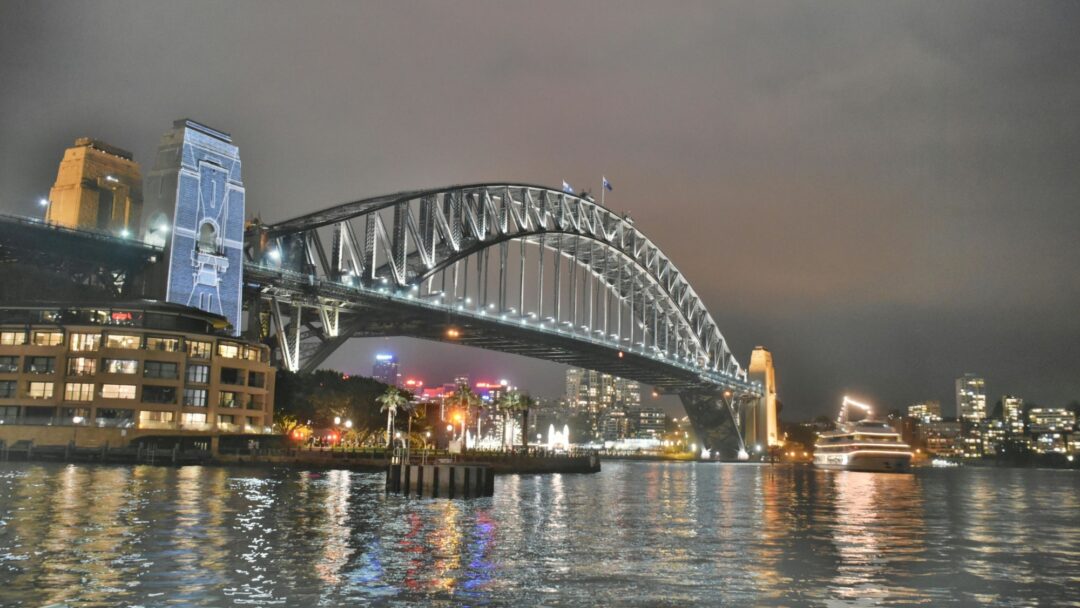
Deb Roach is a three-time pole dancing world champion yet she has only one arm.
Deb Roach
Ablequest by 2RPH
Deb Roach
•13 mins
Audio
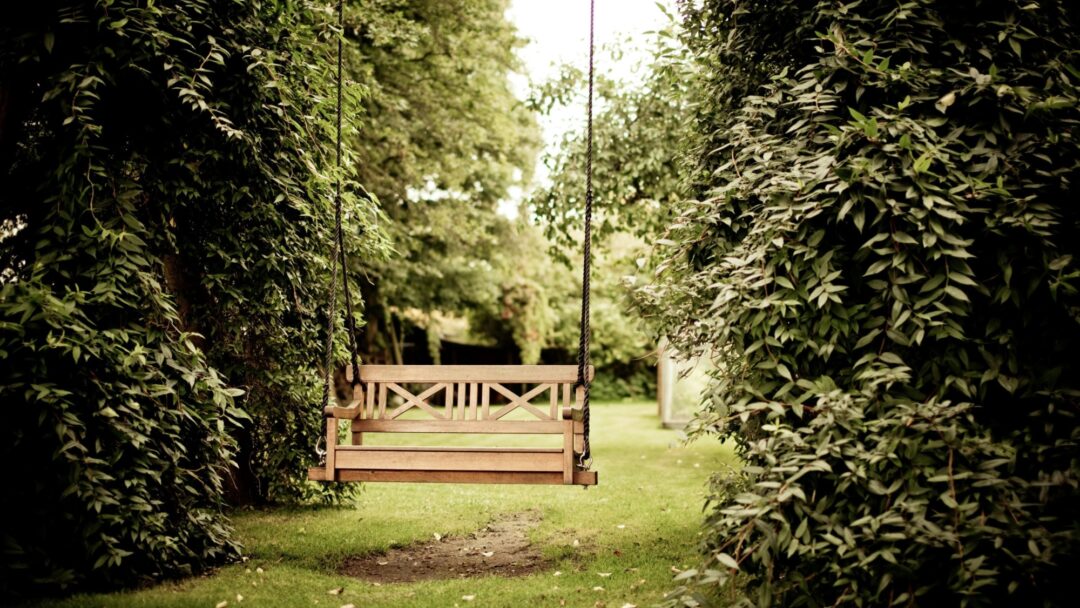
Being in nature is good for you whether it is being in the garden or walking along the beach.
Kayte Kitchen - Admirari Nature Therapy
Ablequest by 2RPH
Kayte Kitchen - Admirari Nature Therapy
•14 mins
Audio
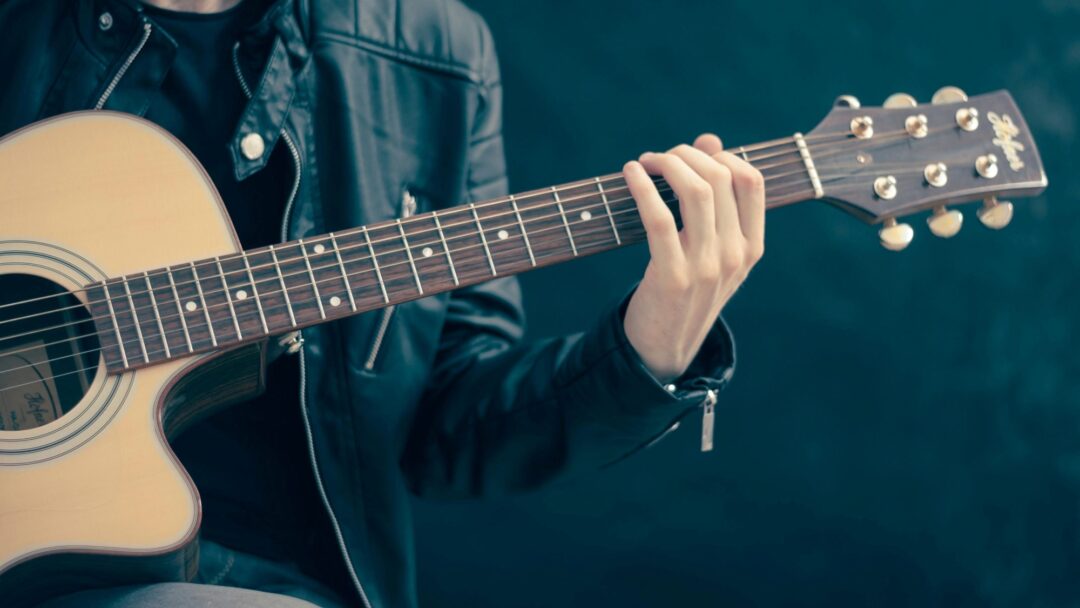
Music can evoke emotions that bring back memories and the same is true for people living with dementia.
Zara Thompson - Music Therapy
Ablequest by 2RPH
Zara Thompson - Music Therapy
•14 mins
Audio
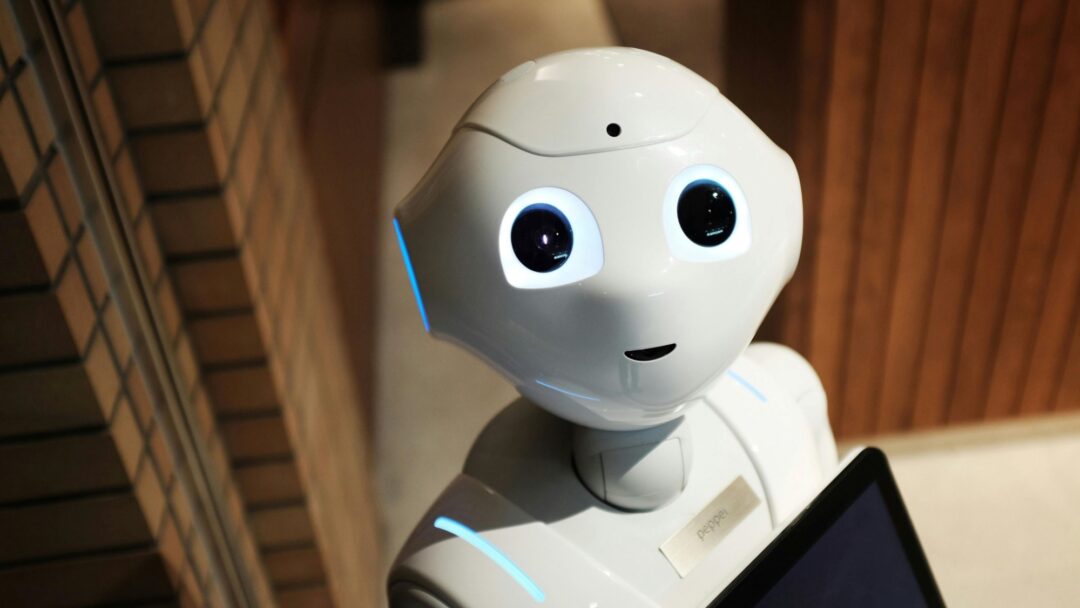
Laura Boccanfuso is founder and CEO of Van Robotics, a social robotics company based in South Carolina in the United States.
Laura Boccanfuso - Van Robotics
Ablequest by 2RPH
Laura Boccanfuso - Van Robotics
•14 mins
Audio
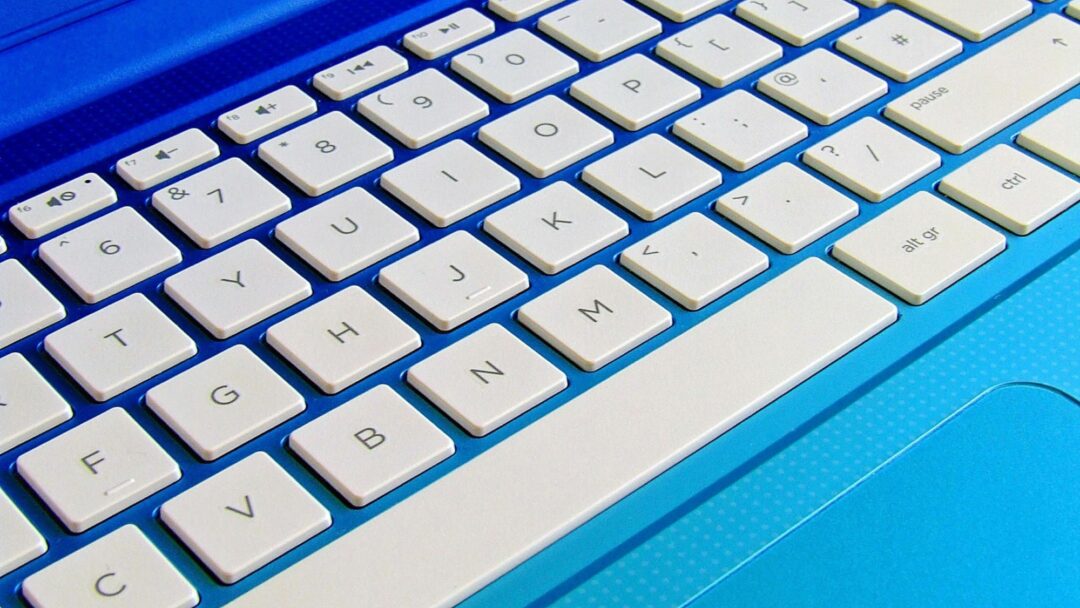
Two years ago Maggie O'Connell, in her mid 20's never had a full time job.
Maggie O'Connell - AFP
Ablequest by 2RPH
Maggie O'Connell - AFP
•14 mins
Audio
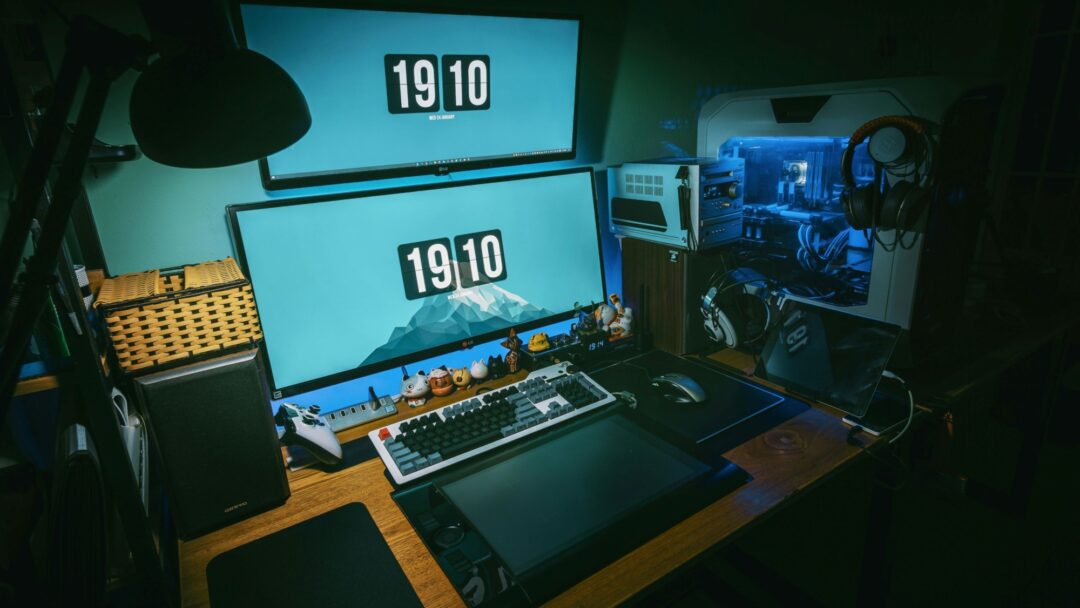
Julie Ross-Edwards, founder of Head High Disability Services, returns to Ablequest to speak more about Head High's philosophy and special approach.
Head High (Update)
Ablequest by 2RPH
Head High (Update)
•13 mins
Audio
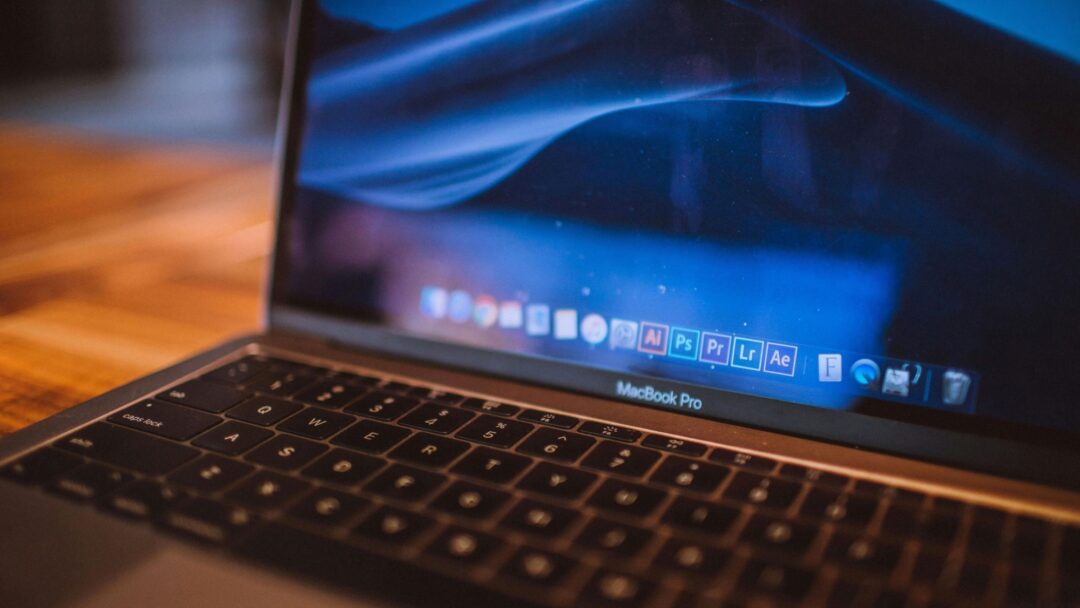
David Woodbridge, an expert in assistive technology for people with no or low vision, is a regular guest on Ablequest.
David Woodbridge
Ablequest by 2RPH
David Woodbridge
•14 mins
Audio

Pete Horsley is the Founder of Remarkable, a global start up and initiative of the Cerebral Palsy Alliance.
Pete Horsley - Remarkable Disability Tech Summit
Ablequest by 2RPH
Pete Horsley - Remarkable Disability Tech Summit
•14 mins
Audio